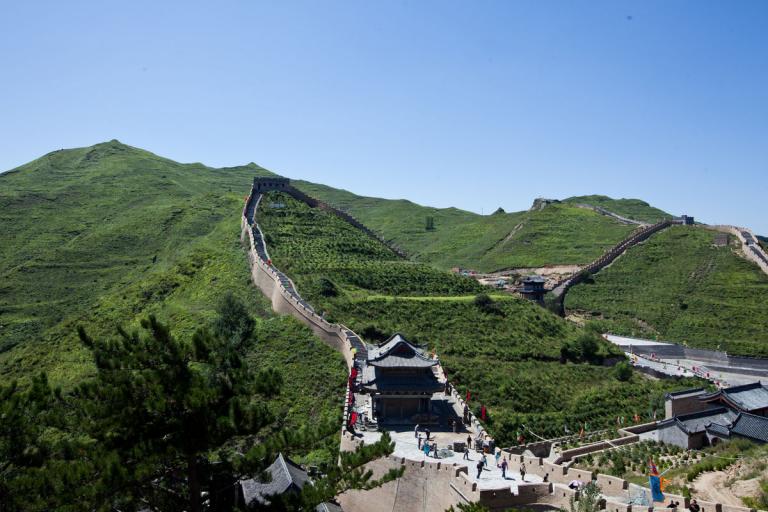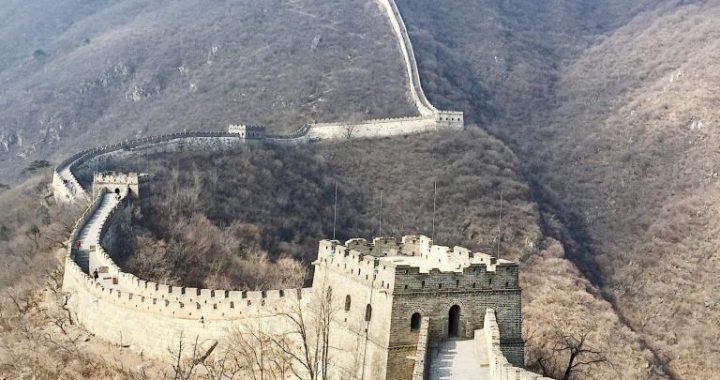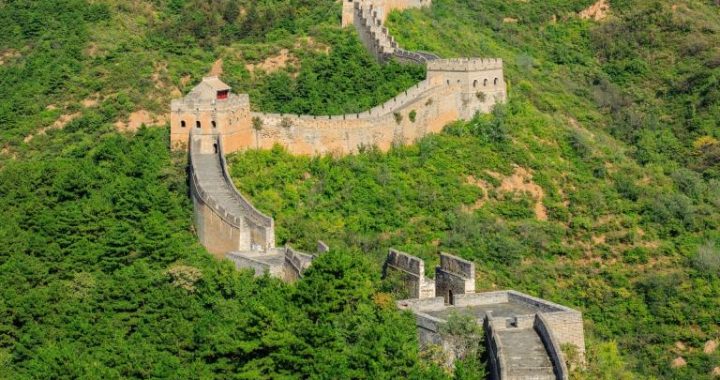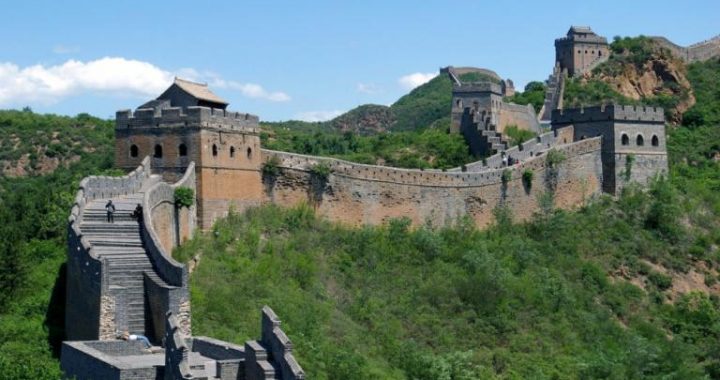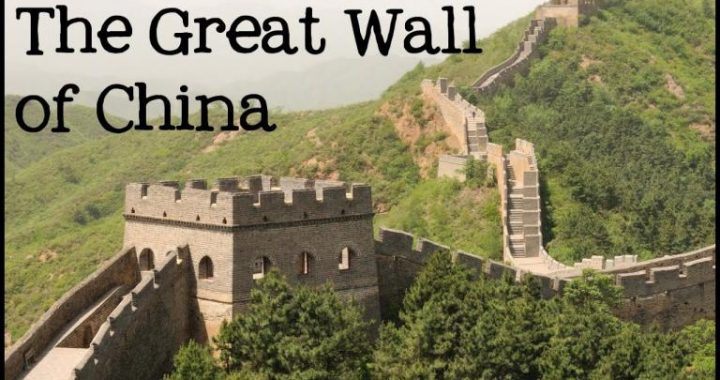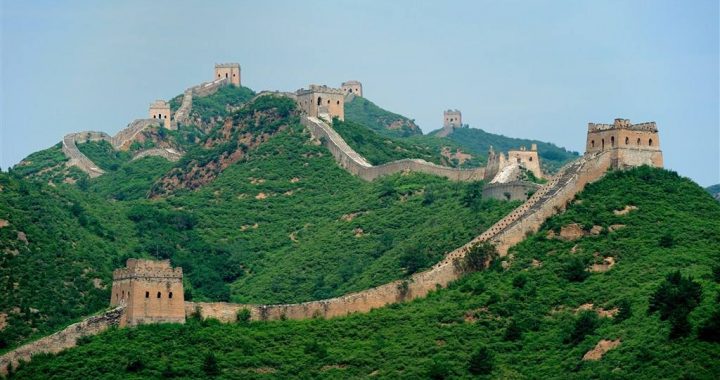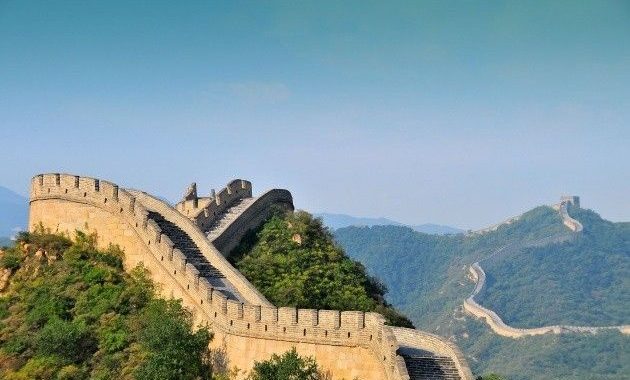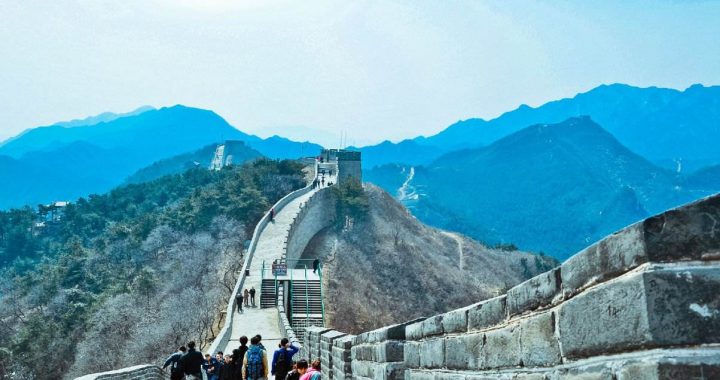The Sreal tdal
2 min readNo discussion about Chinese culture is complete without mention of the Great Wall. Through more than 2,000 years from the seventh century BC to the 16th century AD,19 dynasties built parts of the Great Wall, adding up to over 100,000 kilometers. Three major renovations of the Great Wall took place in the Qin (221-206 BC), Han (206 BC-AD 220), and Ming(1368-1644) dynasties.The Great Wall of today is mainly the legacy of the Ming-dynasty renovations. It meanders for 6,700 kilometers from Jiayu Pass in the western desert to Shanhai Pass on the eastern seashore. With many gaps along the Wall, the 600-kilometer-long section in the northern outskirts of Beijing is the best preserved.
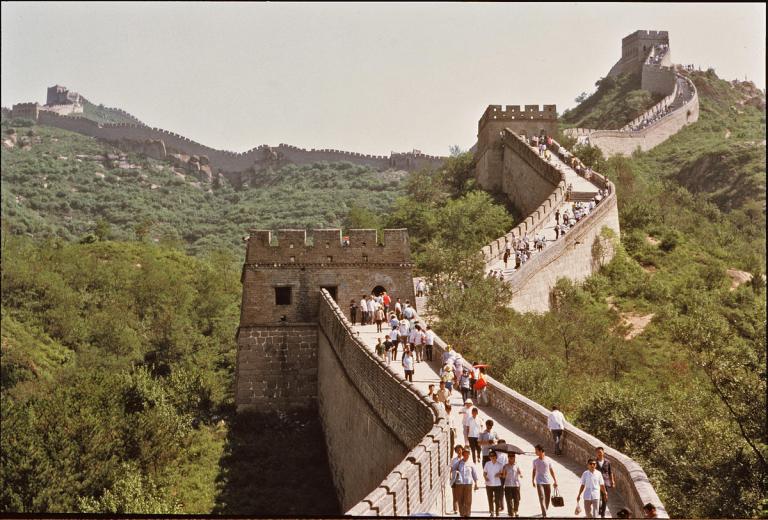
Aspiration for Peace
The Great Wall is unparalleled in the world in its scale and span of construction, as well as for the great quantities of labor and the degree of difficulty involved.
During the reign of the First Emperor of Qin (r.246-210 BC), one out of every 20people took part in the project. Why did the Chinese build the Great Wall?
There must be a reason for this ancient nation to build such a wall over a time span of more than 2,000 years.The earliest parts of the Great Wall were built amid incessant wars. Suffering from the devastating damage of wars, people realized that building a wall to protect lives was better than burying the dead in trenches. Building walls was extremely hard labor, sometimes even at the cost of life itself. Compared with bloody wars, however, people would rather choose the former. Thus the Great Wall was built with the basic goal of safeguarding peace. It represented people’s longing for a peaceful life.
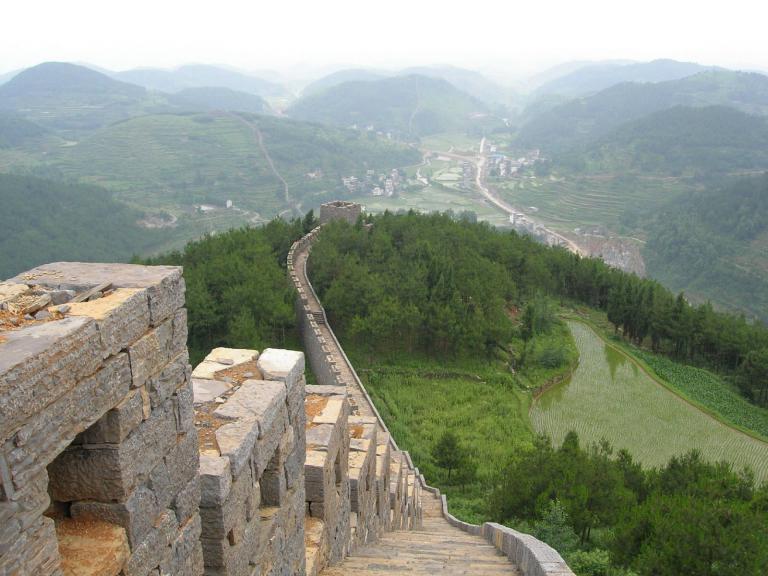
The Great Wall played a significant role in history. It certainly served the purposes of military defense in the age of cold steel, especially in preventing northern peoples on horseback from attacking people in the south who were mostly engaged in farming. It provided the cultivators with a sense of security as well as actual protection, so they could till their lands and harvest their crops in peace.
